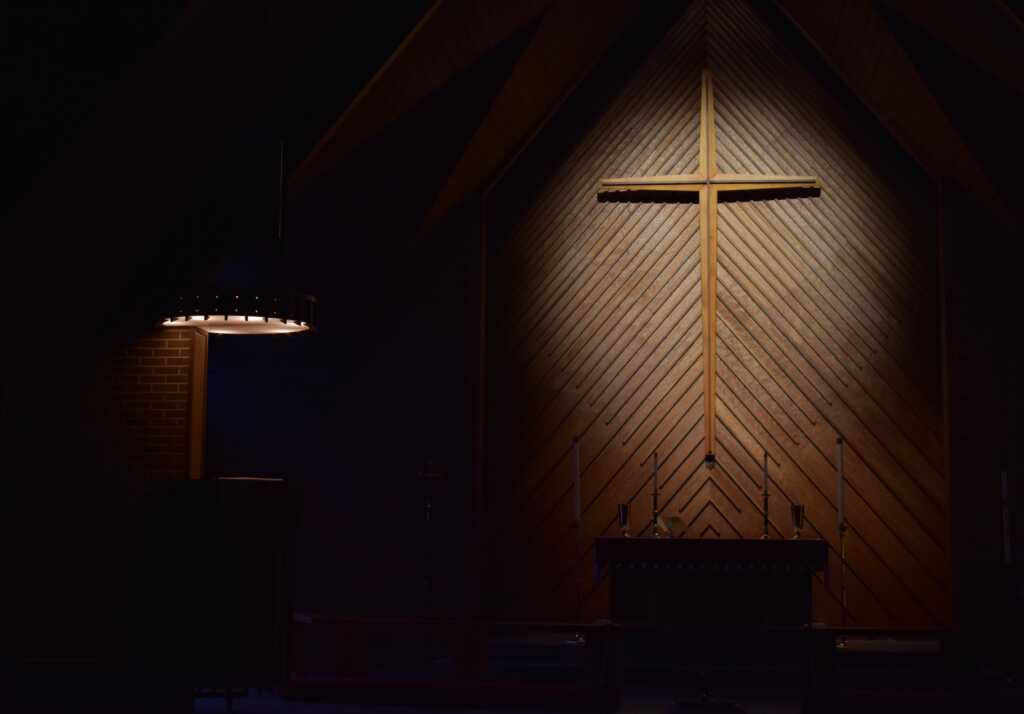Religious liberty battles spreading across Europe and beyond are sparking fears about if — or when — these same struggles could come to America.
Listen to the latest episode of CBN’s Quick Start podcast 👇
In Finland, Päivi Räsänen, a member of parliament is one of the more prominent people on trial for her religious views.
“It was four years ago, in June 2019, when I posted a Twitter post and also to Facebook, and it was about the Pride event that was going on and that the main church, the Evangelical Lutheran Church, decided to support it officially,” she recently told “The 700 Club.” “And it was a shock to me.”
In questioning the church’s support, Räsänen shared a Bible verse from the New Testament book of Romans about same-sex relationships and quickly found herself in a legal battle.
“Some citizen made a criminal complaint about this Twitter update, and then police started to investigate the case,” she said. “And after it came into public, then there became more and more criminal complaints about one radio program, and then there was an old pamphlet I had written [in] 2004 about marital and sexual issues.”
While unanimously acquitted of charges last year, prosecutors appealed Räsänen’s case, leading to a second trial. She’s now awaiting the verdict in that subsequent battle, and expects to be victorious.
“The maximum punishment is two years jail or fine,” she said. “But, of course, in Finland … in our constitution, we have the freedom of speech and freedom of religion.”
Watch Räsänen and others share their disturbing stories of Christian persecution:
Unfortunately, this struggle goes beyond Finland.
On the Mediterranean island of Malta, Matthew Grech, an ex-LGBT activist, also faces potential prison time after sharing his testimony of leaving a gay lifestyle to follow Christ.
“Last year, I was invited to share my story on a program and answer questions about so-called conversion practices,” Grech explained. “And I mentioned an organization as well that supports men and women who leave LGBT and an organization that promotes a biblical sexuality.”
Within days, numerous people reported to police that Grech violated Chapter 567 of Maltese law, which bans advertising conversion therapy.
“I had to go to the police and I exercised my rights to be silent and the police pressed charges against me,” he said.
Grech says the potential ramifications could be sweeping.
“If I’m found guilty, I could spend five months in jail or I could pay a fine of up to 5,000 euros in Malta,” he said. “Just for really exercising my freedom to be a Christian and to support others who want to move away from unwanted LGBT identities or desires.”
And Andrea Williams, CEO of Christian Concern, a European religious rights nonprofit, points out how, in the U.K., abortion clinic buffer zones basically prevent people from assembling, counseling, and even silently praying outside those facilities.
“I think it’s very hard for nations in the West, for nations such as America and Great Britain, to imagine really that we’ve reached this far apart from we have,” she said. “So, I think that those that are watching this will think, ‘Really, has Great Britain created a space where you are unable to speak quietly, unable even to pray, unable even to walk alongside a woman to explain another way?'”
Consider what happened to U.K. Army veteran Adam Smith-Connor. In November, officers began questioning him for silently praying outside of a clinic for his own son who had been aborted.
“They informed me that they considered that my praying for my deceased son was a breach of the PSPO, that it was an act of disapproval of abortion,” he told CBN. “Although I wasn’t manifesting that prayer in any way and if I hadn’t told them they would have had no way of knowing what I was praying about … it was a silent prayer in my mind.”
Williams said if Americans don’t pay attention, these laws could make their way across the Atlantic.
“I would like to warn those of you in America to ensure that these initially civil measures that get placed in and around certain buildings, so in and around abortion clinics, then take on a quasi-criminal force,” Williams said. “There’s also the political pressure that’s applied around them.”
These examples beg the question: Could the criminalization of Christianity come to the United States? Jeremy Dys, senior counsel of First Liberty, said there’s no easy answer.
“I really hope that risk is low, but I can’t say that it is zero, because there’s always forces that want to restrict our religious liberty for reasons I don’t quite understand,” he said.
Dys said the litany of cases prove the fight for religious liberty battles is ongoing and often takes years.
“The reality is that people of faith are facing a constant barrage of religious attacks [and] questions about their faith and whether they’re welcomed in the workplace or the public square,” he said.
In the end, Dys believes stopping the chaos seen in Malta, the U.K., and other nations from reaching the U.S. depends on Americans’ commitment to freedom.
“I’m grateful that we have a First Amendment,” Dys said. “We have other laws in place that protect our religious freedom. But it falls to you and I to make sure we’re maintaining our vigilance to preserve these freedoms going forward for our next generations.”
And Americans don’t need law degrees to play a role in protecting these freedoms. Prayer, staying informed, and exercising the right to vote are all powerful tools that don’t cost anything but time.
***As the number of voices facing big-tech censorship continues to grow, please sign up for Faithwire’s daily newsletter and download the CBN News app, developed by our parent company, to stay up-to-date with the latest news from a distinctly Christian perspective.***



